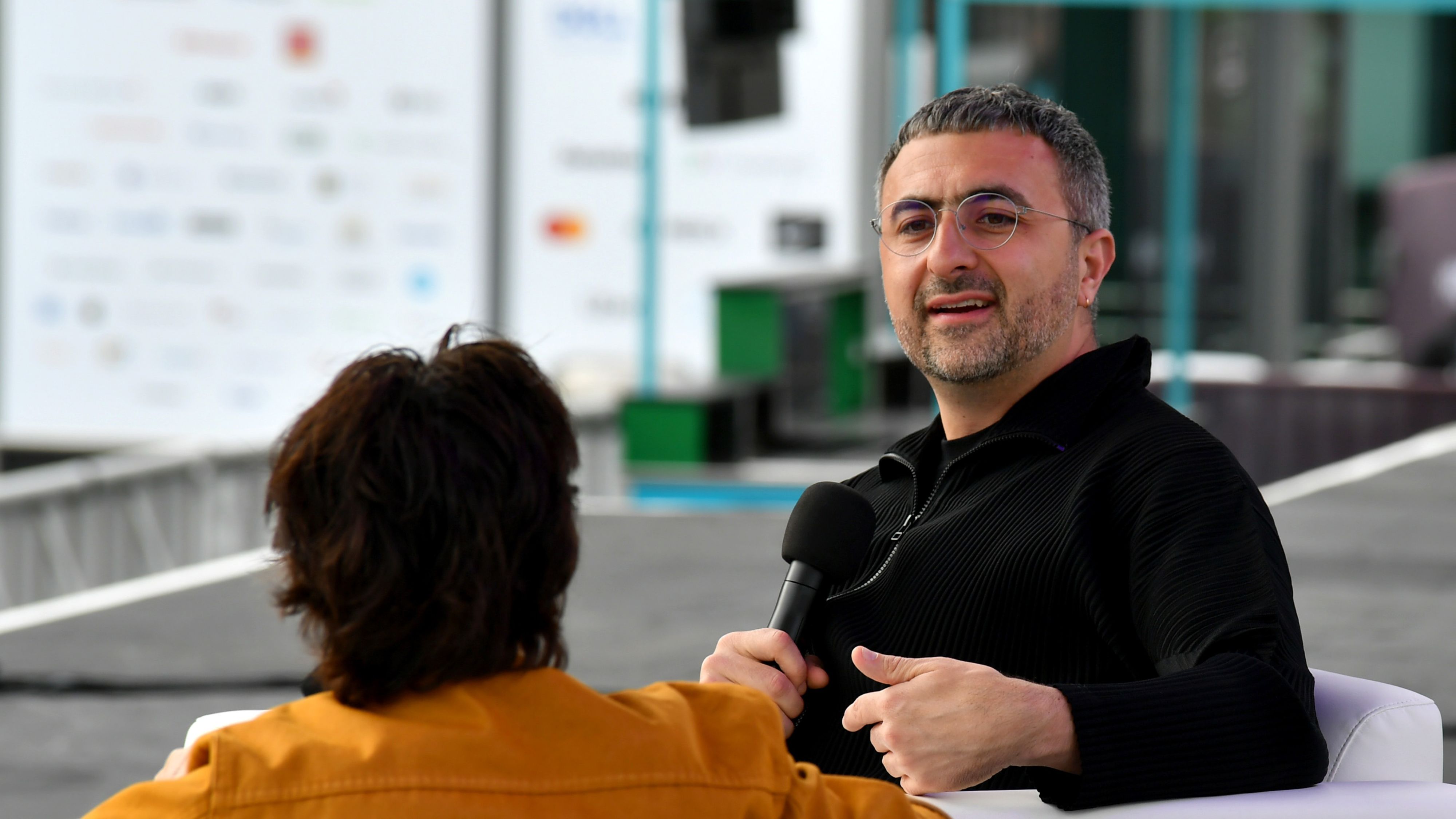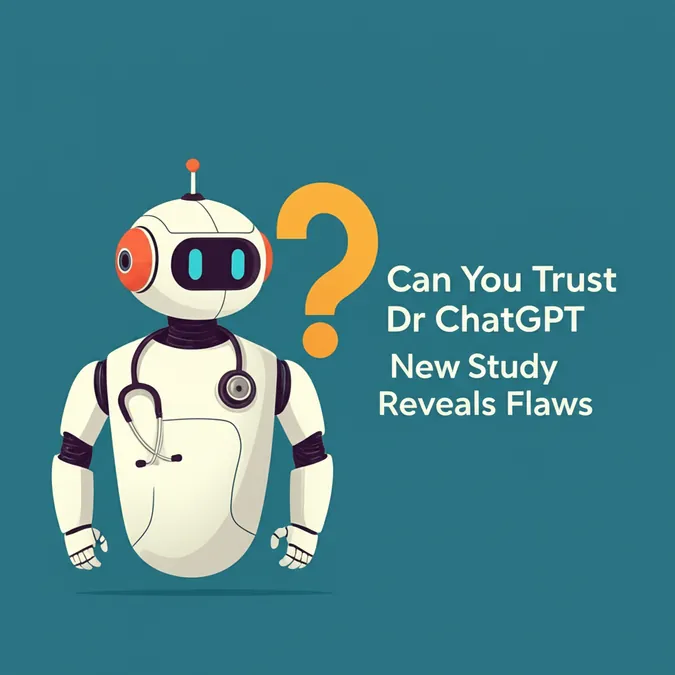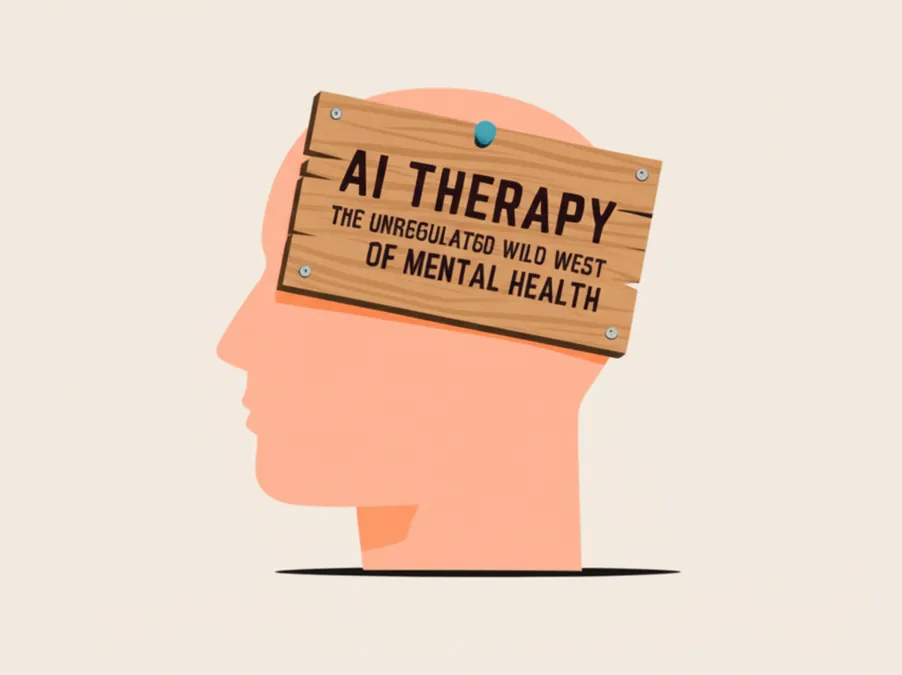Developer Offer
Try ImaginePro API with 50 Free Credits
Build and ship AI-powered visuals with Midjourney, Flux, and more — free credits refresh every month.
Microsoft AI CEO Reveals Google Shelved Its Own ChatGPT
In the fast-paced world of artificial intelligence, the story of what could have been is often as compelling as what is. In a recent podcast appearance, Microsoft's AI CEO, Mustafa Suleyman, dropped a bombshell: Google was on the cusp of launching its own version of ChatGPT long before the world had ever heard of the OpenAI phenom.
 Microsoft's AI CEO, Mustafa Suleyman, has regularly covered various aspects of AI, including its potential impact on the job market. (Image credit: Getty Images | Bonnie Biess)
Microsoft's AI CEO, Mustafa Suleyman, has regularly covered various aspects of AI, including its potential impact on the job market. (Image credit: Getty Images | Bonnie Biess)
Google's "ChatGPT Before ChatGPT"
Speaking on the CatGPT podcast, Suleyman, a co-founder of DeepMind and Inflection AI before joining Microsoft, reflected on his frustrating final days at Google. He and his team had developed LaMDA (Language Model for Dialogue Applications), a tool he describes as a game-changer.
"We got frustrated at Google because we couldn't launch LaMDA," Suleyman stated. "LaMDA was genuinely ChatGPT before ChatGPT. It was the first properly conversational LLM that was just incredible. And you know, everyone at Google had seen it and tried it."
This revelation paints a picture of a vastly different AI landscape, one where Google, not OpenAI, could have been the first to introduce the public to the power of large-scale conversational AI.
Internal Divisions and Corporate Fears
So, what stopped Google from seizing this massive opportunity? According to Suleyman, the company was paralyzed by internal conflict and apprehension.
"Probably half the people were just brutal skeptics and were like this is never going to be safe. It's always gonna have hallucinations. It's going to undermine our search business. There's always gonna be these safety issues."
While the other half of the company was reportedly hopeful and saw the technology as the future of search, the skeptics won the day. The fear of potential safety issues, brand damage from AI hallucinations, and the risk of cannibalizing its core search advertising business proved too great a barrier. The project, as recounted by vitrupo on X, was shelved.
The Race for Personal Intelligence
Frustrated by the inability to ship the product, Suleyman left Google to co-found Inflection AI with a clear mission.
"So, we were desperate to try and ship it. We couldn't ship it... And then I basically left, and was like well, we will raise the money, build the cluster. And we raised a billion and a half dollars, we built a 22,000 H100 GPU cluster. And we created an AI called Pi (Personal Intelligence)."
The goal for Pi was different from a general-purpose chatbot. It was meticulously "optimized for personality, EQ, kindness, and being a friendly companion."
A Matter of Timing: How OpenAI Won the Moment
Despite their efforts and significant funding, Inflection AI was beaten to the punch. They launched Personal Intelligence in January 2023, but OpenAI had already changed the world by releasing ChatGPT in November 2022.
"And by that time, you know basically all bets were off," Suleyman admitted. "I mean, they exploded."
Suleyman firmly believes that if the timing had been different, the world might be obsessing over "Personal Intelligence" instead of ChatGPT. His story serves as a powerful reminder that in technology, having a revolutionary product is only half the battle. The courage and timing to launch it can make all the difference.
Compare Plans & Pricing
Find the plan that matches your workload and unlock full access to ImaginePro.
| Plan | Price | Highlights |
|---|---|---|
| Standard | $8 / month |
|
| Premium | $20 / month |
|
Need custom terms? Talk to us to tailor credits, rate limits, or deployment options.
View All Pricing Details


